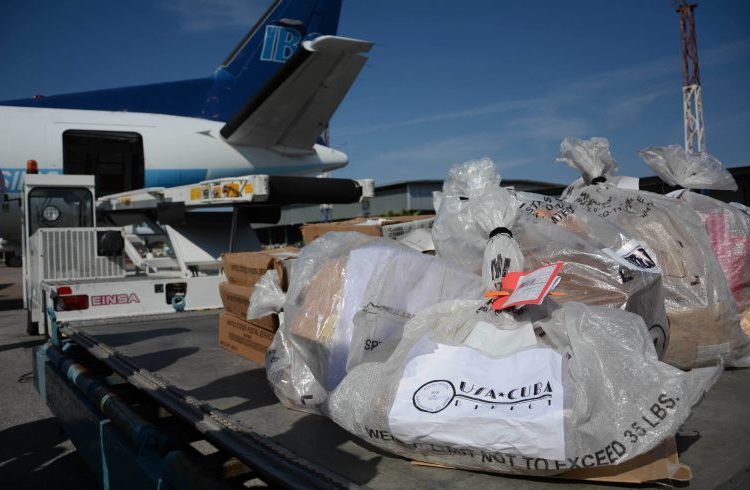Direct postal service for the exchange of correspondence and packages between Cuba and the United States has been held up since last March, the Correos de Cuba business group reported last week.
The company’s first vice president, Zoraya Bravo, said that the services of correspondence and packages between the two nations continues, but in a limited way, since to do so it is now necessary to resort to third countries.
Postal service has decreased up to 46 percent with respect to 2016, since having to resort to third countries makes the process difficult, the official explained.
Direst postal service between Cuba and the United States was reestablished in March 2016, after five decades of being interrupted, as a result of an agreement signed the previous year by the Cuban government and the Barack Obama administration, in the framework of the thawing.
Bravo explained that with the start of direct commercial flights – also agreed upon in December 2015 – charter flights were contracted for the shipments with three trips a week, which was later reduced to two frequencies.
According to Bravo, after a year they had to be stopped since the pilot plan was about to expire, and since then the procedures began to regularize the exchange through commercial airlines, but since last March the Cuban side has been waiting for a reply on the date for the reestablishment.
New rollback
The sending of mail between the two countries had been suspended in 1968, after the explosion of a bomb from New York in a postal bag, according to the Cuban media.
For decades, the postal link between Cuba and the United States was carried out through a third country and the negotiations to regularize the direct service, which began in 2009, were interrupted for several years until they were resumed in 2013.
After 48 years of suspension, on December 11, 2015 Cuba and the U.S. agreed to reestablish direct postal service through a pilot plan to transport packages and correspondence between the two countries.
In recent months, after Donald Trump’s arrival to the U.S. presidency, new tensions have cropped up between the governments of Havana and Washington, marked by the announcement of a policy toward the island far from the rapprochement that characterized that of his predecessor.
That situation has aggravated in recent days after the Trump administration’s decision to withdraw 60 percent of the personnel of its embassy in Havana and the expulsion of 15 officials from the Cuban mission in Washington, a measure motivated by alleged “acoustic attacks” suffered by some 20 U.S. diplomats on the island.
EFE / OnCuba










